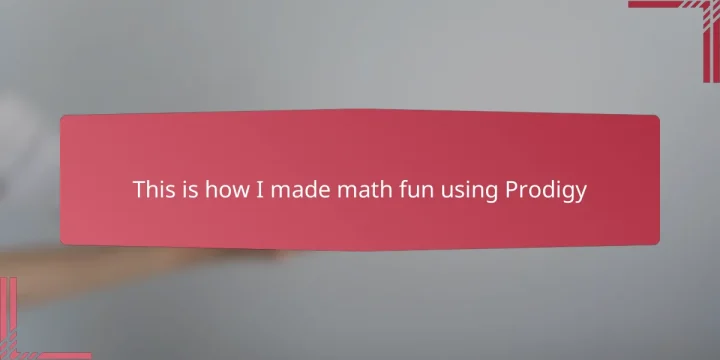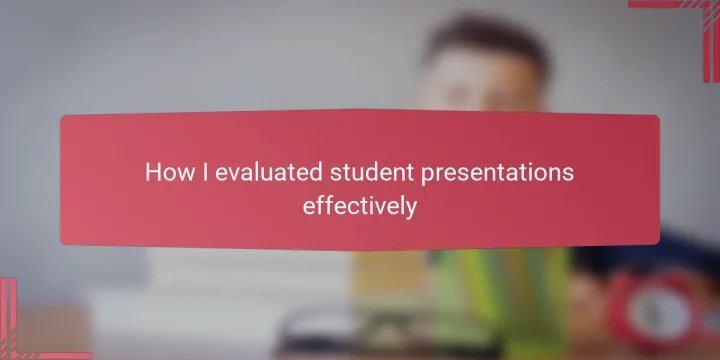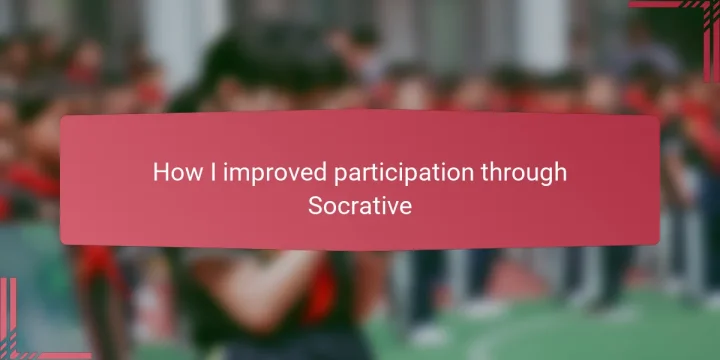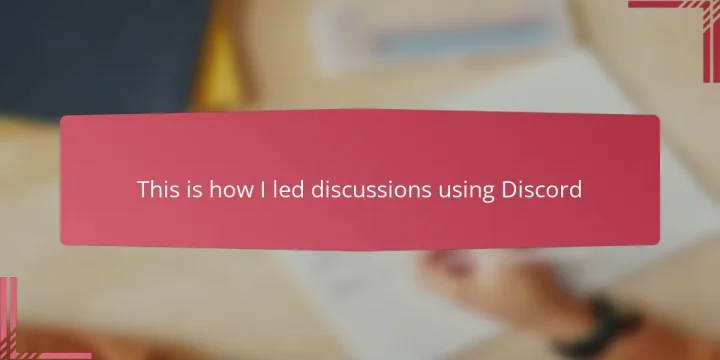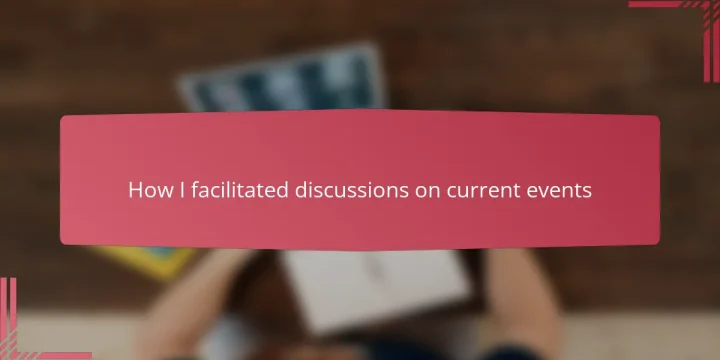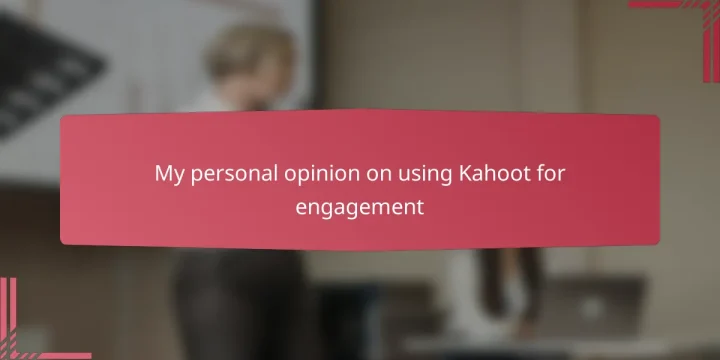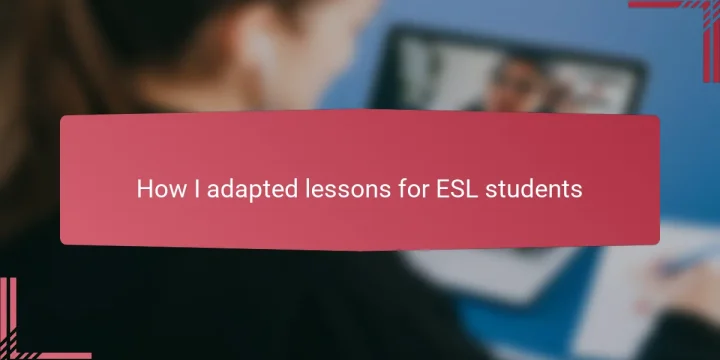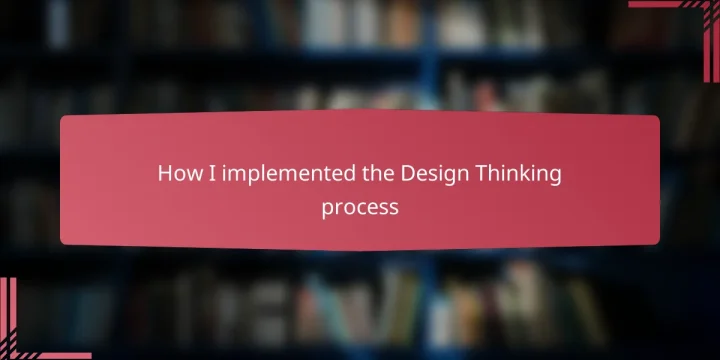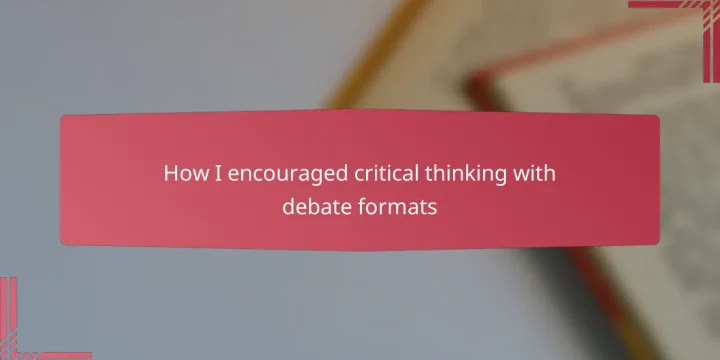
Key takeaways Critical thinking in education fosters student ownership of learning, encouraging engagement through questioning and exploration. Different debate formats, like Fishbowl and Lincoln-Douglas, promote organized thinking and respect for opposing views, enhancing students' reasoning skills. Designing debate activities that connect to real-world issues boosts student engagement and helps them develop critical thinking skills through analysis and reflection. Assessing critical thinking involves observing argument construction and the quality of questions asked, promoting deeper understanding and peer feedback. Understanding critical thinking in education Critical thinking in education goes beyond memorizing facts; it’s about teaching students to analyze, evaluate, and create new understanding. I’ve seen firsthand how when students learn to question assumptions, their engagement deepens, and conversations become richer. Isn’t education supposed to spark curiosity rather than just fill empty vessels?…

